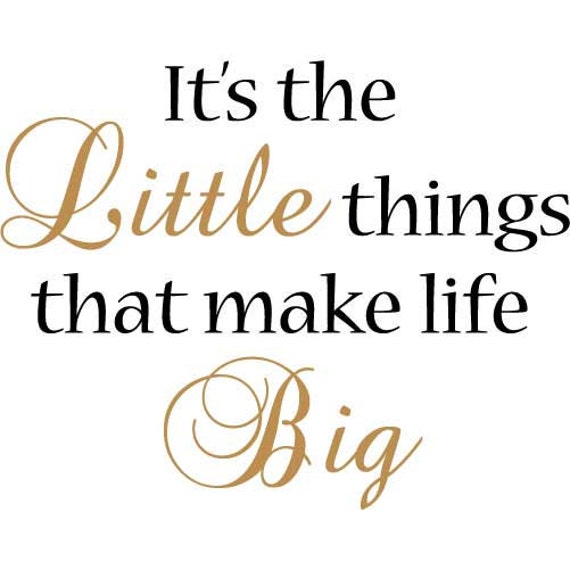Whenever there is a crisis or major problem people usually want to find out just one thing:
what is the answer that will fix it? And sometimes there is a basic cause that is worth a look and can provide significant relief, healing or change.
But more often than not, the simple, singular answer is not the only answer. A child is doing poorly in school, the crops need rain, a friend's cancer showed up again or our marriage is staggering. Chances are the solutions for solving the problem or the reasons that started it are complex.
Unfortunately many well meaning people including leaders, parents, pastors, authors, counselors and friends are unwilling to walk people through the messiness of multiple facets of a problem. And sadly they miss out on learning to also trust in a God who Isaiah says has ways that are "higher than our ways."
Where does some of this over-simplification often show itself in our culture?
With our children. Ryan's struggling emotionally at age twelve and his parents are having trouble with him at home. Several
simple answers will likely be suggested to the parents from others or in their own minds. It's Ryan's diet, it's hormones, it's the parents recent marriage challenges, it's a spiritual rebellion or it's even the demon of rebellion. (I personally don't think there is such a demon by the way though I believe in demons.) Could part of the solution be in that list? Of course. But it's unlikely the only answer. There may be several important factors at work.
With national and local disasters. When tornadoes, floods, earthquakes and hurricanes hit the "experts" will often claim it's because God is punishing the people for disobedience, we're in the End Times or it's a sign of things to come. Maybe. But could it be that God can do all of that and more during the disaster and even accomplish his chastising without one? Is it possible that God wants to teach us something about trusting Him even when things don't go our way? Could it be that natural disaster happened because, well, . . . it's
natural?
With our theology. Someone isn't healed. Some will argue they didn't have enough faith. That's it. Or no one claimed the promise or said just the right words. The church isn't growing because they don't use the right translation or don't teach the Bible verse by verse or they quit singing the "right" music. There must be one answer that will explain everything. At least that's what many hope (and I have too) but it's rarely the case.
With our other personal struggles. We lost our job, our marriage is on the rocks, our adult child has wandered from the faith, our health never seems to quite return to normal. "Aah," we or others say. "There must be some hidden sin," or "God is punishing me for what happened last year," or "If we just went on that diet things will change." Should we consider those avenues sometimes? Of course, if wisdom dictates it or God leads us that way.
But there are dangers in always wanting or expecting the easy answer. First,
we can miss God. We can miss out on his love, care and patience through the struggle. We can miss learning to trust Him even when we don't understand. And we can miss loving one another through the fog and mystery.
Second,
we can become mean-spirited. We don't intend to but because we believe in the ONE answer we tend to tell people they had better get with the program and start doing what they need to do. And we miss just loving them, listening to them and trying to understand their feelings and confusion. We become as I Corinthians 13 says a "noisy cymbal" rather than a chime of love. I wonder if sometimes God doesn't hold off on making things better to see if we His children will be present for a time with those who are hurting and actually live out our faith in powerful ways.
Third,
we ultimately teach a lie, the lie being that everything God does or we experience can be explained by one simple action or result. Not true. God has plans that go beyond us and our world. God's only goal is not to make us happy. It's to glorify Himself and sometimes that makes us happy and sometimes it does not. God is coordinating myriad plans in the world and universe that we could never understand or grasp in this life. We must accept that.
So, in your home, learn to become more comfortable with the complicated, the complex and the multiple answers that may be needed to solve your dilemma or at least help you live with it. And I'm pretty sure that if we're willing to look beyond the simple we will see some things that God intended for us to see that show just how great He is and how much we need Him.
 Unfortunately many moms and dads think that giving them pretty much what they want or that everyone else has is the answer. Can I say it simply? It's not.
Unfortunately many moms and dads think that giving them pretty much what they want or that everyone else has is the answer. Can I say it simply? It's not.



























